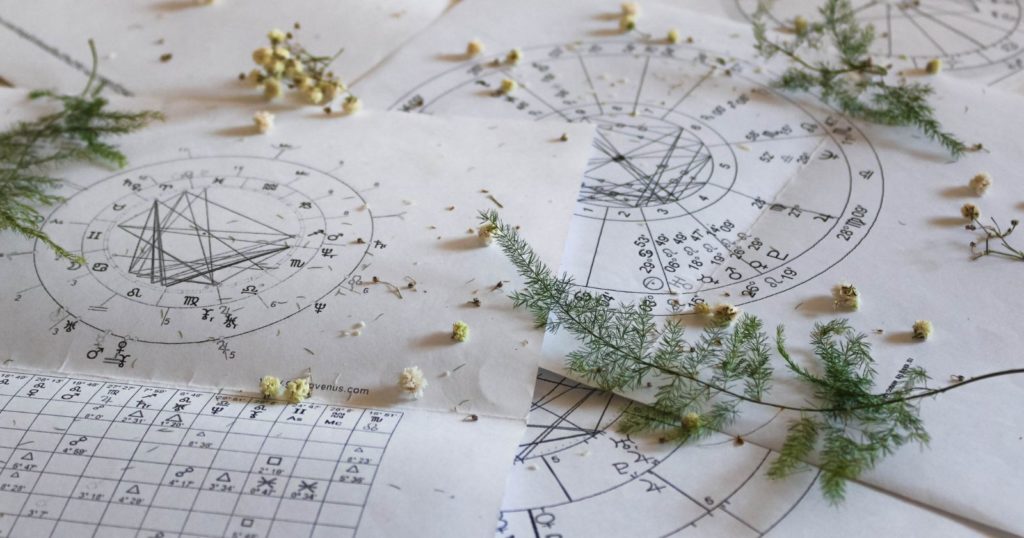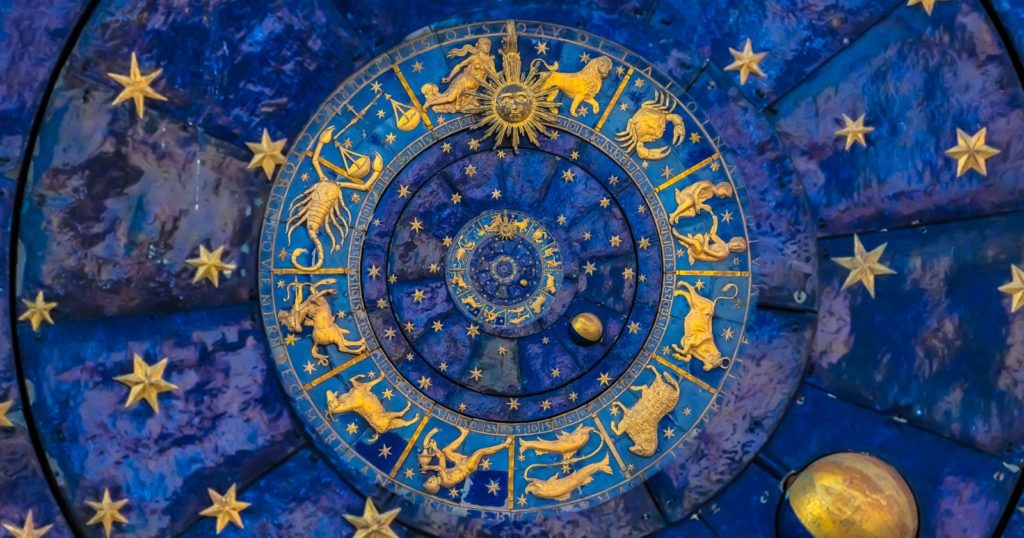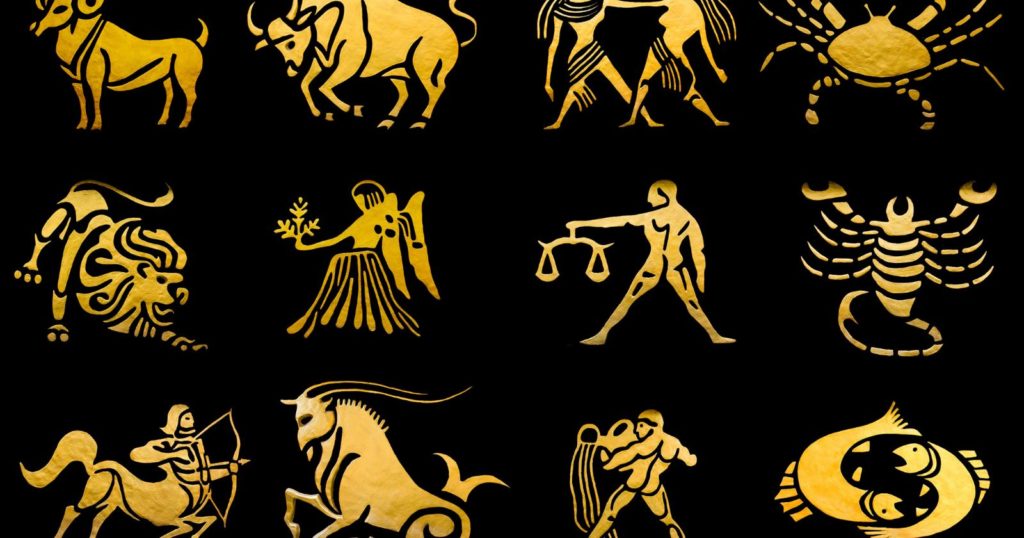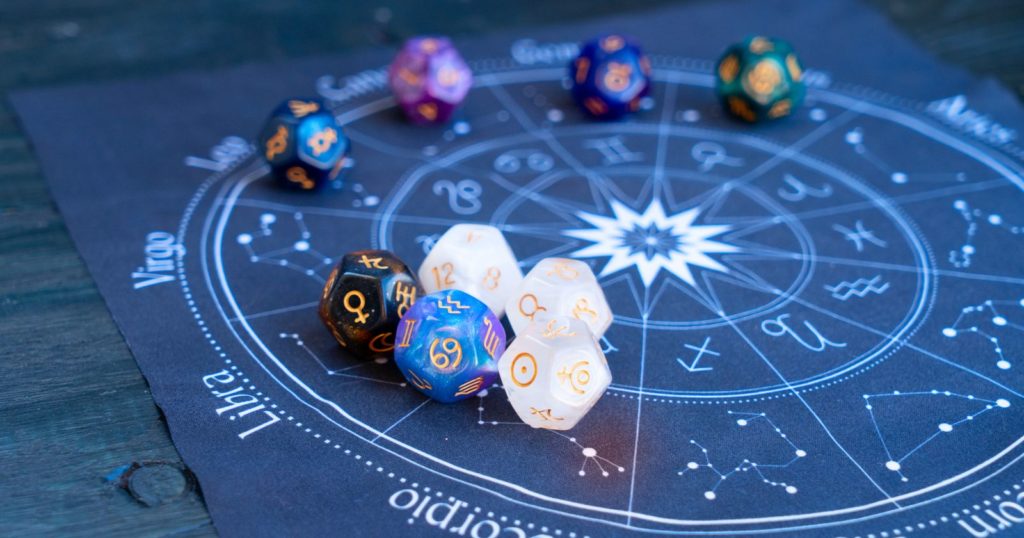For centuries, the twelve zodiac signs have stood as guiding pillars in the field of astrology, shaping our perceptions of personality, compatibility, and destiny. This traditional astrological framework, rooted in a time-honored perspective of the heavens, has captivated the interest and belief of millions. However, what if there were more to this celestial story than what meets the eye? What if the cosmos had hidden a crucial piece of the puzzle, and we have been interpreting our horoscopes with a missing sign?
Welcome to the intriguing world of the 13-sign horoscope, where the ancient zodiac meets modern astronomy. This system introduces Ophiuchus, the 13th zodiac sign, challenging everything we thought we knew about our astrological identities. Whether you’re a steadfast believer or a skeptical observer, this discovery promises a paradigm shift in understanding the stars and ourselves.
In this comprehensive exploration of the 13-sign horoscope, we will debunk the mysteries of Ophiuchus, discuss its implications on the conventional zodiac wheel, and explain how it could redefine your astrological profile. Be prepared to journey through an uncharted sky, to question accepted wisdom, and to entertain the captivating possibility of a 13th zodiac sign.
Is the universe indeed as we perceive it? Or could there be more than just twelve characters in our celestial drama? Let’s find out together, as we dive into the hidden depths of astrology, and uncover the secret 13th sign that could change everything.
Unveiling Ophiuchus: The Forgotten Zodiac
Ophiuchus, derived from ancient Greek, translates to ‘Serpent Bearer’. It has been quietly hovering between Sagittarius and Scorpio in the night sky, yet neglected from astrological consideration until recent years. This constellation is not a newcomer; instead, it’s an old, nearly forgotten player making a grand re-entrance on the celestial stage.
Ophiuchus holds an intriguing mythology. In Greek folklore, it represents Asclepius, a god of healing and medicine. Asclepius was renowned for his healing abilities, with a capability so potent it was believed he could bring the dead back to life. His emblem, a serpent-entwined rod, is still synonymous with medicine and health care today, demonstrating the lasting impact of his mythological narrative.
Interestingly, Ophiuchus shares this healing narrative with its astrological profile. In the 13-sign horoscope, those born under Ophiuchus (roughly between November 29th and December 17th) are often associated with healing, wisdom, and a deep sense of humanity. They are supposed to have a thirst for knowledge and possess a charismatic, magnetic personality, drawing others towards them with their strong leadership qualities. But they also have their share of struggles, especially regarding their need for freedom and space, which can sometimes put them at odds with societal norms and expectations.
So, why has Ophiuchus been overlooked for so long? The answer lies in the intersection of astronomy and astrology. The traditional 12-sign zodiac model is based on the Babylonian’s understanding of the sky, which divided the ecliptic (the sun’s apparent path) into twelve 30-degree segments, each linked to a constellation. As it turns out, the sun actually passes through 13 constellations, not 12. The Babylonians chose to omit Ophiuchus from the zodiac to align it with their 12-month lunar calendar.
Modern-day astronomers, in an attempt to align astrology more closely with astronomy, reintroduced Ophiuchus. This shook the astrology world, setting off discussions about the significance of the 13th sign, its influence on existing zodiac signs, and whether it should be included in the horoscope.
To better understand the implications of a 13-sign horoscope and its impact on our astrological identities, we need to delve deeper into the mechanics of astrology and examine how this shift in celestial perspective can change our interpretation of the sky and ourselves.
Reimagining the Zodiac: The Implications of a 13-Sign Horoscope
Incorporating Ophiuchus into the astrological framework drastically shifts the zodiac wheel. This means a change in the date ranges of all existing zodiac signs, potentially altering your star sign. While this may feel disconcerting, especially to those who identify closely with their current sign, it also presents an opportunity to engage with astrology from a fresh perspective.
This shift in astrological identities isn’t necessarily about negating what we’ve known and believed in. Rather, it’s about enriching our understanding of the cosmos and how its changing dynamics can influence us. If we view astrology as a tool for introspection and self-understanding, this addition could open up new avenues for personal growth and exploration.
However, adopting the 13-sign horoscope isn’t without controversy. The traditional 12-sign model is deeply embedded in our collective consciousness and astrology’s historical roots. Some astrologers argue that Ophiuchus’s inclusion unnecessarily complicates a system that functions as a symbolic language, not a literal mapping of the sky.
Yet, proponents of the 13-sign model assert that it’s a more accurate reflection of the sun’s journey across the ecliptic. They argue that a shift to 13 signs brings astrology in line with modern astronomical observations, adding credibility to the field in an era of scientific skepticism.
Regardless of where one stands in this debate, the intrigue surrounding Ophiuchus’s role in the zodiac is undeniable. As we traverse through this unfamiliar terrain, one thing becomes clear: the sky above us is filled with more complexities and mysteries than we could have ever imagined.
The emergence of the 13-sign horoscope serves as a compelling reminder of astrology’s evolving nature. It encourages us to challenge conventional wisdom, to question our established beliefs, and to be open to the unexpected revelations the cosmos might bring.
Embracing the New Horoscope: A Call to Celestial Exploration
As the dust of controversy begins to settle, the 13-sign horoscope has sparked curiosity and engagement from believers and skeptics alike. The addition of Ophiuchus has undoubtedly stirred the astrological world, prompting questions and challenges that push the boundaries of our celestial understanding.
So, where do we go from here? What does this new horoscope mean for you, as an individual seeking guidance or insight from the stars?
The first step is to approach this shift with an open mind. Whether you’ve found yourself identifying with a new sign, or are grappling with the ambiguity of a 13-sign system, remember that astrology is as much about exploration as it is about definition. It’s a personal journey, a way to connect with the cosmos, and a tool for self-discovery. The inclusion of Ophiuchus merely adds another layer to this fascinating exploration.
If you’ve found that your sign has changed, don’t dismiss your old horoscope readings. The traits you identified with before are still a part of you. Instead, consider this a chance to broaden your horoscopic perspectives. Read about your new sign, understand its traits, and see if you resonate with them. You might be surprised at the insights you gain.
Astrology, like any system of belief, evolves with time and knowledge. The introduction of a 13-sign horoscope doesn’t devalue the experiences and insights gained from the traditional 12-sign system. Instead, it enriches our understanding of the cosmos, offering new perspectives and narratives that were once hidden in the night sky.
Ultimately, the choice to embrace or disregard Ophiuchus is personal. Astrology isn’t a rigid system but a fluid language that we interpret and understand individually. As the stars continue their celestial dance, we must decide how their changing patterns resonate with us.
With the advent of the 13-sign horoscope, one thing is certain: the cosmos, in all its captivating grandeur and mystery, continues to beckon us into a deeper understanding of ourselves and our place within it.
Suggested Book Resource:
“Cosmos and Psyche: Intimations of a New World View” by Richard Tarnas. This book offers a thought-provoking exploration of astrology’s place in the modern world and encourages readers to embrace new perspectives, such as the 13-sign horoscope.




